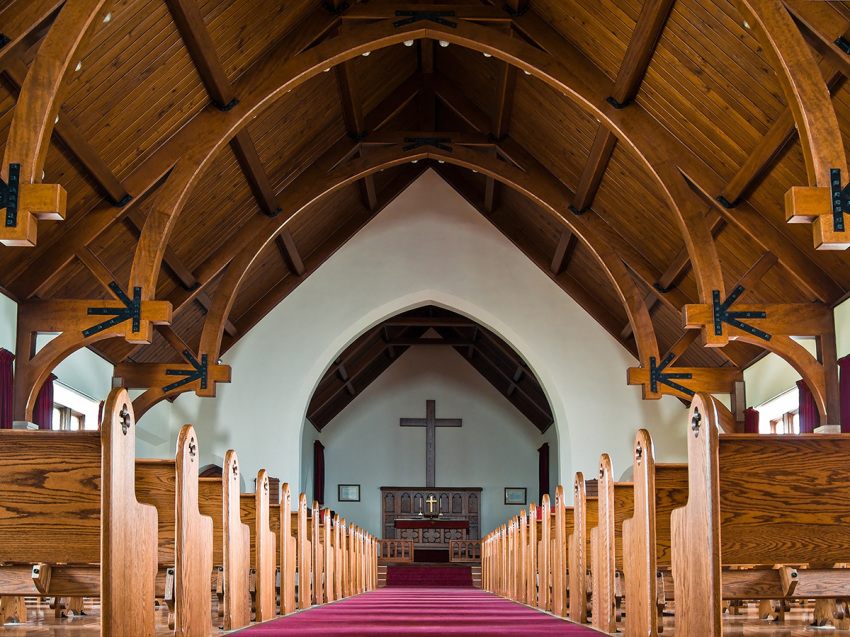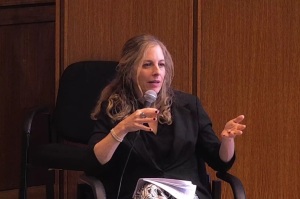Churches can’t be barred from New Jersey's historic grant program, federal judge rules

Churches in New Jersey can't be barred from receiving historic grants solely because they are religious in nature, a federal judge has ruled.
United States District Judge Evelyn Padin, an appointee of President Joe Biden, issued an opinion last week in favor of two churches suing Morris County officials who denied them historical grants.
Padin granted a preliminary injunction on behalf of The Mendham Methodist Church and The Zion Lutheran Church Long Valley, writing that public aid cannot be denied to a party because they are religious.
The opinion was critical of Rule 5.6.4 of New Jersey's Historic Preservation Grant, which prohibits funds from being used on "property currently used for religious purposes or functions."
"Rule 5.6.4 does not limit funding to religious institutions to secular aspects of repair. Instead, it excludes the institutions from eligibility wholesale because they are religious institutions," wrote Padin. "Rule 5.6.4, as currently written and construed, therefore, likely violates the Free Exercise Clause."
Jeremy Dys, senior counsel with First Liberty Institute, a conservative law firm helping to represent the churches, praised the ruling in a statement on Monday.
"Time and again, the U.S. Supreme Court has declared that all forms of religious discrimination by the government are unconstitutional, including the denial of historic preservation grants to historic churches," said Dys.
"We are thrilled that the court recognized that religious institutions cannot be excluded from public funding programs like preservation grants simply because of their religious character or religious activities."
In 2015, the Freedom From Religion Foundation filed a lawsuit against Morris County over local officials allocating $4.6 million in historic preservation grants to 12 county houses of worship from 2012-2015.
In 2018, the New Jersey Supreme Court unanimously ruled in favor of the FFRF, concluding that Morris County's practice of allocating historic preservation grants to churches violated the New Jersey Constitution.
"The plain language of the Religious Aid Clause bars the use of taxpayer funds to repair and restore churches, and Morris County's program ran afoul of that long-standing provision," wrote Supreme Court Chief Justice Stuart Rabner for the majority.
In response to the state supreme court decision, county officials implemented a policy excluding houses of worship from the grant program.
The churches filed their complaint in April 2023, accusing local officials of discriminating against them by denying their grant applications solely because they were religious.
"This is unconstitutional discrimination on the basis of religion," argued the lawsuit. "States and local governments that choose to provide a generally available public benefit — such as historic preservation grants — cannot exclude an otherwise-qualified applicant solely because the applicant happens to be a house of worship."



























